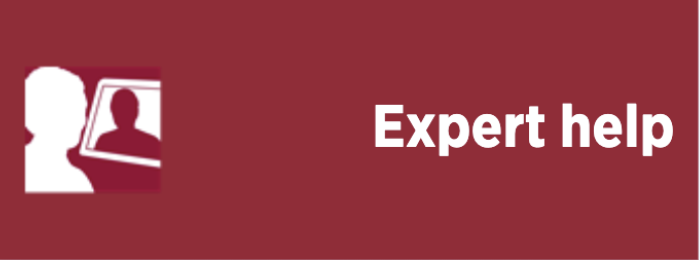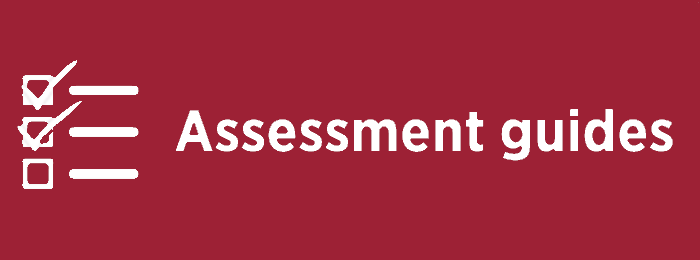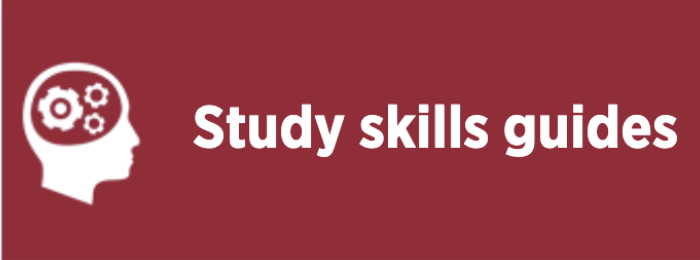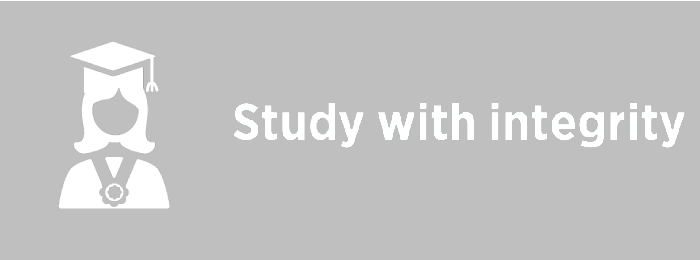What is Academic Integrity?
Academic integrity gives you a foundation for being an ethical citizen and a trusted worker in whatever context you find yourself in.
Acting unethically could get you into trouble, both in university and your later professional life.
There are 3 related components of academic integrity:
- Mechanics - knowing how to study with integrity (e.g. understanding sources, referencing)
- Membership - belonging and contributing to the academic community
- Morality - understanding and agreeing with academic values of right and wrong
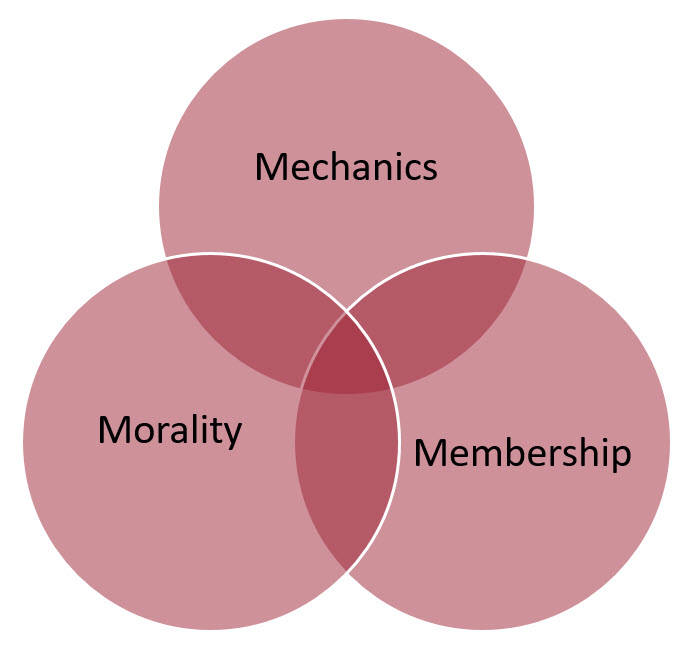
(This model has been developed by the Library Academic Literacies Team.)
What are my responsibilities?
The University values academic integrity, honesty and ethical scholarship.
According to the University's Student Code of Conduct (opens in a new window), you are expected to:
- act honestly and ethically in all your academic work and assessment tasks;
- give recognition to any direct quotes used from other authors or to those authors whose work has made an intellectual contribution to the contents of your work;
- acknowledge shared ownership of ideas in group projects or assessment tasks.
What if I do the wrong thing?
If you don't behave with academic integrity, you are likely to face allegations of academic misconduct.
The University's Student Misconduct Rule (opens in a new window) defines academic misconduct as:
"conduct by a student that in any way undermines or otherwise puts at risk the academic integrity of any course, unit of study or assessment (including examinations) or the University's academic reputation".
If an allegation is made against you, the best thing to do is be honest and try to learn from the experience.
Refer to the academic misconduct proceedings available on the University website.
Some of common forms of academic misconduct are, plagiarism (opens in a new window), collusion, cheating and contract cheating (opens in a new window).
What is cheating?
Here are some examples of what constitutes cheating;
- Taking notes, materials or devices into an exam without permission.
- Copying from another student.
- Sharing your answers with another student.
- Having someone else sit an exam on your behalf.
- Answering a text message or looking at your phone during an exam.
Adapted from the Western Sydney University Academic Integrity Module.
What is plagiarism?
Plagiarism is when you use someone else’s ideas without showing clearly where they come from, or pretending they are your own ideas. For example:
- handing in someone else's work as your own
- copying words or ideas from someone else without giving them credit
- failing to use quotation marks when you quote someone’s words
- giving incorrect information about the source of a quotation
- changing a few words in a sentence but leaving the rest of it the same, with or without crediting the source
- copying so many words or ideas from a source that it makes up the majority of your work, whether you give credit or not
- handing in work that you already used for another assignment (self-plagiarism)
(Adapted from Plagiarism.org (opens in a new window), 2017)
In order to give credit to someone whose ideas you use, you need to use an appropriate referencing style. Check the Referencing Styles Guidelines (opens in a new window) for more details.
If you feel that it is appropriate for you to reuse work you have done previously, you must always discuss this with the Unit Coordinator before doing so.
What is collusion?
Collusion is when two or more students, act together to cheat, plagiarise or engage in academic misconduct, or encourage others to do so.
Some other examples of collusion are:
- providing answers to a friend in an online quiz,
- submitting a group assignment where not all members have contributed equally,
- using your electronic device or making gestures during an exam in order to share answers, or
- leaving your work in an insecure place where other people could copy it (e.g. leaving your laptop open, forgetting to collect your printing)
It can be difficult to understand the difference between collusion and collaboration, especially when you are required to complete assignments as a group. Check out our resources on Group work to develop your skills in negotiation and assertiveness.
What is contract cheating?
The Australian Governments Tertiary Education Quality and Standards Agency or TEQSA defines contract cheating as:
"…when students outsource their assessments to a third party, whether that is a commercial provider, current or former student, family member or acquaintance. It includes the unauthorised use of file-sharing sites, as well as organising another person to take an examination".
Illegal commercial cheating services may include websites and individuals or groups that market or provide cheating services to students.
Illegal cheating services – sometimes also called contract cheating services – sell students essays or assignments, or accept payment for someone to sit exams on a student’s behalf.
Identifying illegal cheating services can be difficult, but you should always avoid any service that:
- Asks you to buy or sell essays or assignments
- Asks you to buy or sell study notes or exams
- Asks you to upload previous work from your course
- Asks you to promote their services on-campus
- Promises to help write or improve your essay
- Sit exams on your behalf.
Contract cheating is a breach of your academic integrity, if you use, work for or promote a cheating service, you could:
- face disciplinary action and be expelled
- fail your subject or course
- lose your visa
- lose your professional accreditation
- be blackmailed by cheating service operators.
What you should do:
- If you are offered a job to promote a company on-campus to other students, contact the University to see if the company is allowed to operate on-campus.
- Ensure you understand academic integrity and Australia’s anti-cheating laws.
- Never share your work online, as it may be sold by cheating services to other students.
- Do not buy or sell essays, assignments or other assessments online. This is a breach of academic integrity and selling these services is illegal under Australian law.
For more information about contract cheating services, see the TEQSA page Advice for students: Employment offers from online study platforms (opens in a new window).
Adapted from TEQSA – Understanding academic integrity (opens in a new window).
What can you do?
If you are struggling with your studies, you should seek some help, you can do this by:
- Contacting your tutor or course coordinator
- Using the various study support services (opens in a new window) such as:
- Library Study Smart
- Mathematics Education Support Hub (MESH)
- Peer Assisted Study Sessions (PASS)
- MATES mentoring program
- Study, Money and Life skills vUWS site.
- Using the various student support services (opens in a new window) such as:
- Student Central
- Counselling Service
- Disability Service
- Student Welfare Service
- Careers
- Badanami Centre for Indigenous Education
- Security
- Student Legal Services
- Complaints Management and Resolution
- Mental Health and Wellbeing
- International Student Support
- View the Library Study Smart Tips to Study with Integrity (opens in a new window)
Drop into a campus library (opens in a new window) and ask Library staff or chat with an Online Librarian (opens in a new window).
Mobile options:

